|
“The West monetizes web services with the advertising model, and the East monetizes them with FinTech.”
I heard this comment at a think tank event I recently participated in. It is a very interesting observation. Alibaba, WeChat and many other online and mobile services, especially in China, have integrated payments and finance into their services, and it is a fundamental part of monetization for them. I wrote earlier about how finance is becoming an important component to many other services. People can transfer money in chat and social media services; lending applications are integrated to e-commerce; and real estate services will include finance services and flexible models to adjust ownership based on cash positions. Compared to many other Internet services, the positive aspect of new finance (FinTech) services is that money is the crucial component, and it is easy to incorporate commissions and other practices as earnings models, compared to many other web services like media and music. Having said all this, the comment about West vs East is still a very good way to crystalize and illustrate the situation. At the same event, I was engaged in a discussion about the future of banking services, and it was easy to see that people still live in two very different realities. We have western and some other market banks that see they still dominate the business – they look at their heavy IT and regulation barriers and think no one can threaten them. Then we heard a comment from a young FinTech entrepreneur from China, who told the audience that he hasn’t used cash for months, and actually he doesn’t even like to talk about ‘mobile banking’ – it is simply ‘mobile’. You don’t have to go to specific finance or banking services to handle money transactions – those transactions are integrated into services you already want to use. Payment and finance is just an enabler in using them. Some banking and finance sector services also have a role in the future. We will probably have investment banking, funds and many finance instruments in the future, although data analytics and AI will change those services too. But if we think of our daily activities in which we pay and use money, those will be integrated more into the actual services. An important part of this change is the user experience – it is most convenient for the customer when it is not based on the bank’s processes, IT and earning models. Why the East is leading the way Why then do we see these differences geographically – i.e. between East and West? Probably there many reasons, but one important reason is how services have been able to leapfrog ahead in emerging markets, where many people have never had or really used traditional banking services, and have gone directly to FinTech services,. We must remember there are 2 billion adults that have no bank account in the world. Probably it also depends on how willing people are to adopt new services. In some places, people still might like to use cash. But as already old examples like M-Pesa in Kenya demonstrate, when an easy service can fulfill a relevant need, people start to use it. The fundamental factor is to develop these services for real use cases and needs, not simply to implement a fancy technology. Of course, we have also regulation and safety aspects. These are the components the incumbent actors want to emphasize, basically to calm their own concerns about whether they should really do something or just hope everything is easy for them in the future too. But we have seen that new solutions can also offer even better solutions for regulatory needs. We can have better (and much more convenient) e-KYC solutions; we can build trust in new ways with blockchain; we can provide much better and real time data for regulators, and also have better tools to detect money laundering. The West also needs better models to monetize new digital services. FinTech is one solution for this globally. It can be financing for your purchases, convenient payments, effective KYC or token-based digital rights management. Maybe the East is now leading the way, but sooner or later it will be a global phenomenon – not just for the unbanked people, but also for Western bank customers. The articles was first published on Disruptive Asia.
Difitek and Prifina (Grow VC Group companies) published new services at Grow VC Group's FinTech event in New York on May 22. The event was organized by Grow VC Group companies with Reed Smith. Participating were key industry leaders from top tier investment banks, technology pioneers such as Oracle, strategy leaders such as KPMG. Two panels focused to discuss FinTech impact from both technology and future finance services point of view.
Prifina demonstrated its invitation-only pre-version of its product to manage digital personal finance data. The product empowers consumers to collect easily all their finance data to their own data store and fully control it. A user can then use data easily, for example, to make a loan application, provide needed customer documentation for financial services, or use wealth management service with her or his own data. The service changes the fundamentals of the data business; users can own data and use it for her or his own benefits. Difitek outlined the powerful capability of its Distributed Finance Back Office platform for cutting edge fintech and integrated finance applications. These capabilities include:
Use cases include:
Prifina demo video.
Difitek demo video.
Grow VC Group, together with Prifina and Difitek, organizes an invitation-only fintech event in New York City on May 22 at 5:30pm. The event includes discussions especially about the impact of FinTech on finance ecosystem, infrastructure and data models.
Program:
With a great group of panelists, we'll be exploring the practical impact of fintech and the current technological wave, not marketing hype, but what is happening behind the scenes and on the ground. For example, we will touch on enterprise #blockchain projects and separate between value we are seeing and marketing excitement. The event is especially for finance institutions that look for new models to build finance services and manage data, partners that develop finance data and AI services, and FinTech investors. We'd love to see you there to share diverse insights and participate in the discussion! You can ask an invitation by contacting us. Horasis will convene the 2018 Horasis Global Meeting over 5-8 May. The annual Horasis Global Meeting is one of the world’s foremost gatherings of business leaders who interact with key government officials and eminent thought leaders.
The Horasis community of more than 400 selected world leaders from 70 countries will gather for an unparalleled experience advancing solutions to the most critical challenges facing corporations and societies today. Participants will share insights and innovations on how to jointly inspire our future. Read a thought leadership report contributed to the Horasis Global Meeting. Grow VC Group Chairman and Co-founder Jouko Ahvenainen has been invited to speak at the event. He will focus especially on questions about the future of banking and finance services. Fintech, distributed models and globalization are disrupting the finance services and sector and everyone must prepare for a new era of finance. Mr Ahvenainen focuses to emphasize especially changes in the ecosystem and infrastructure and models to manage and utilize data. The event is co-chaired e.g. by José Manuel Barroso, Chairman, Goldman Sachs International, Vijay Eswaran, Chairman, QI Ltd, Timothy Lane, Deputy Governor, Bank of Canada, and Deborah Wince-Smith, President, United States Council on Competitiveness. Read more at Horasis website or their Wikipedia page. |
AboutEst. 2009 Grow VC Group is building truly global digital businesses. The focus is especially on digitization, data and fintech services. We have very hands-on approach to build businesses and we always want to make them global, scale-up and have the real entrepreneurial spirit. Download
Research Report 1/2018: Distributed Technologies - Changing Finance and the Internet Research Report 1/2017: Machines, Asia And Fintech: Rise of Globalization and Protectionism as a Consequence Fintech Hybrid Finance Whitepaper Fintech And Digital Finance Insight & Vision Whitepaper Learn More About Our Companies: Archives
January 2023
Categories |



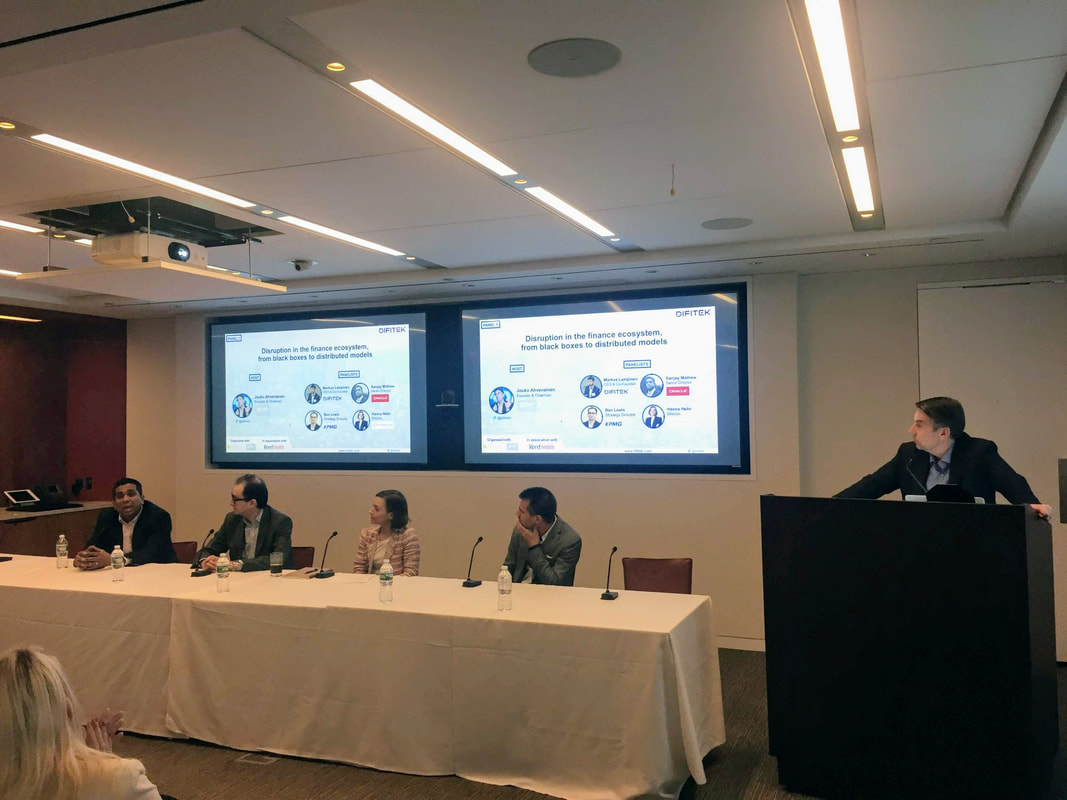
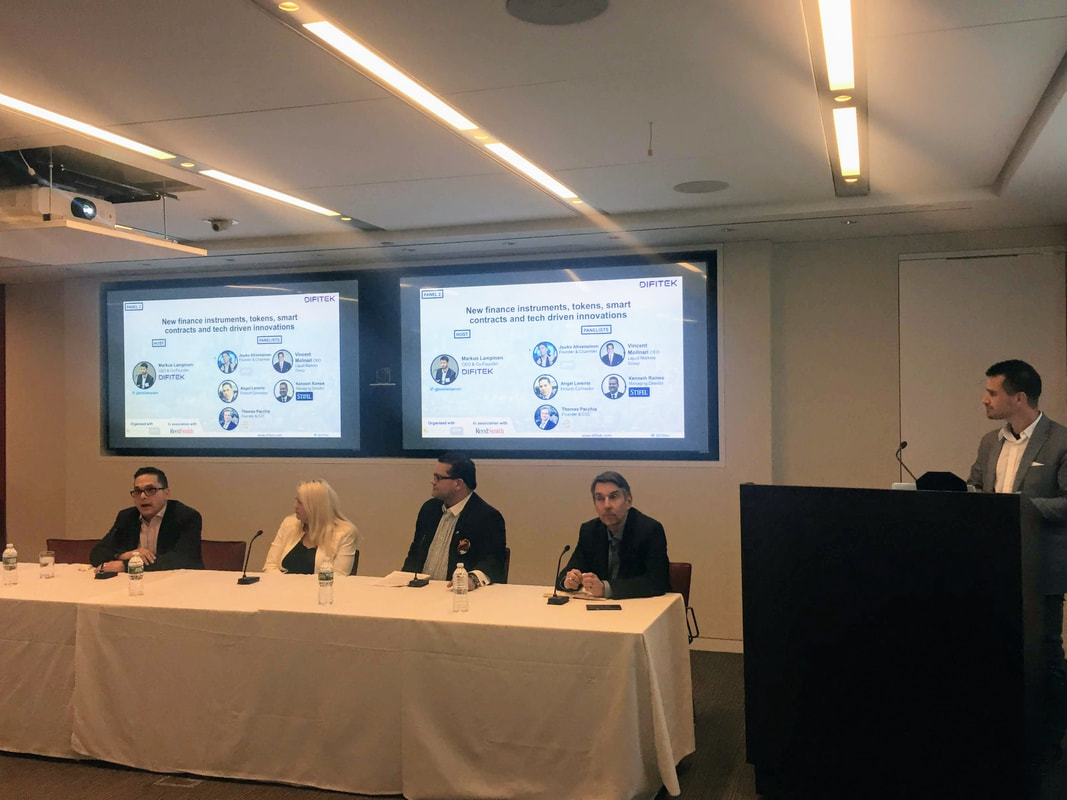
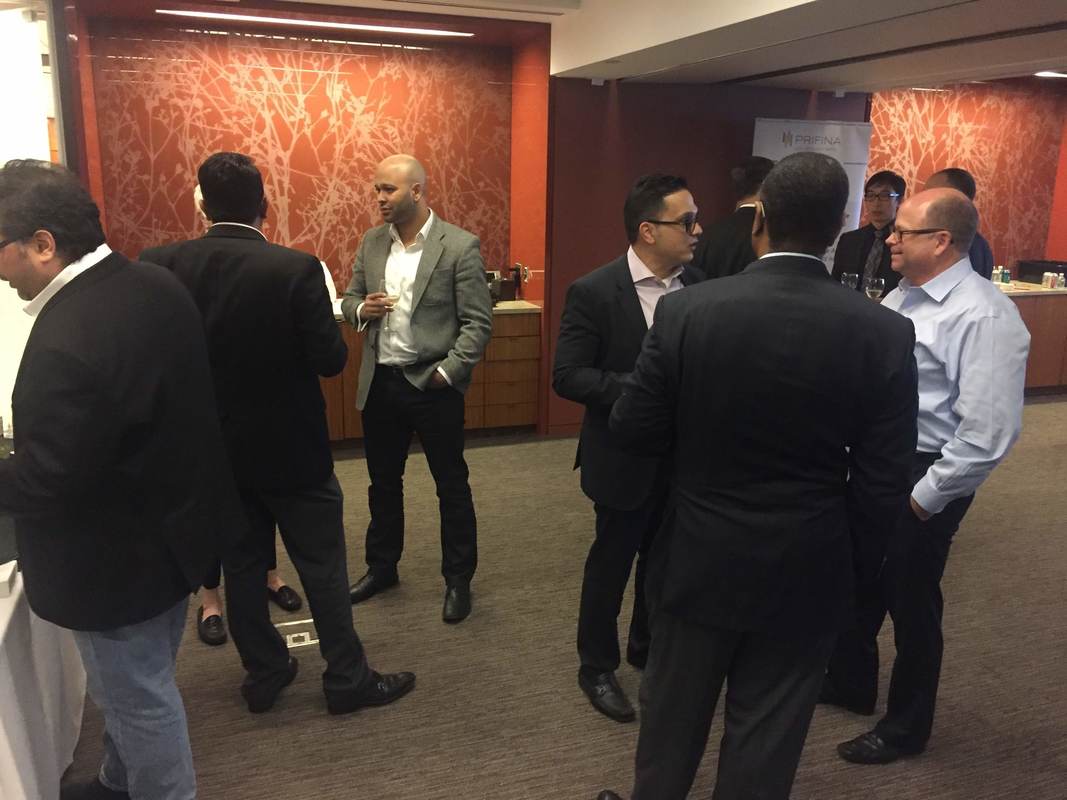

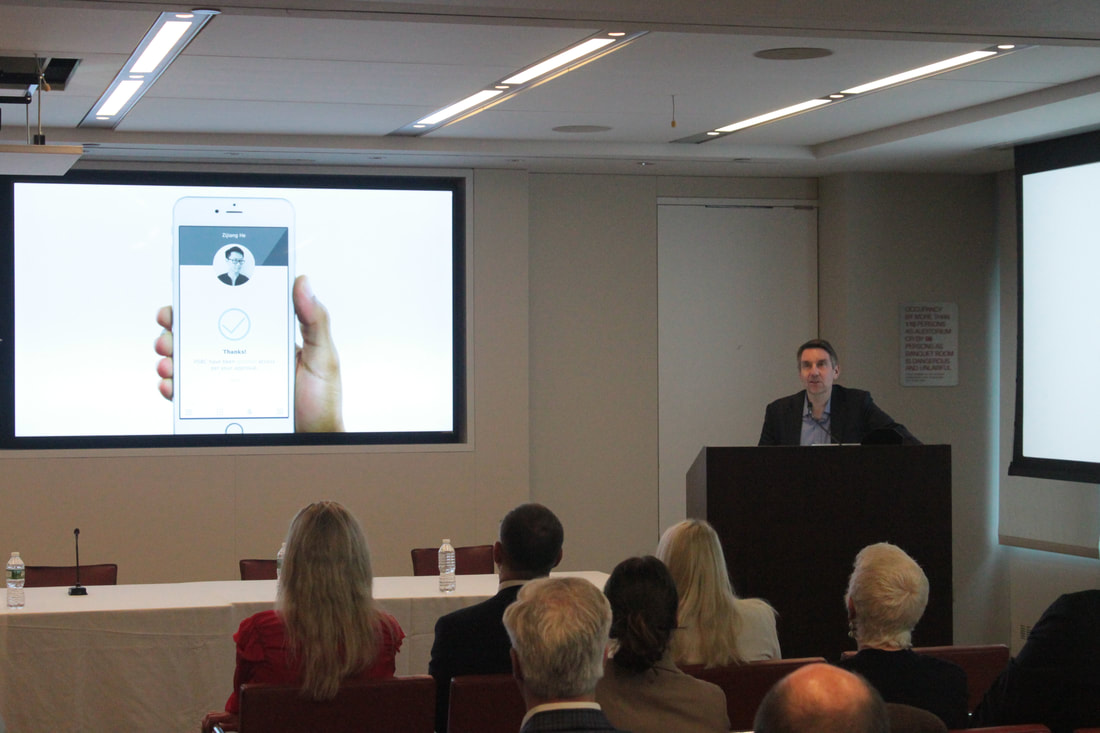
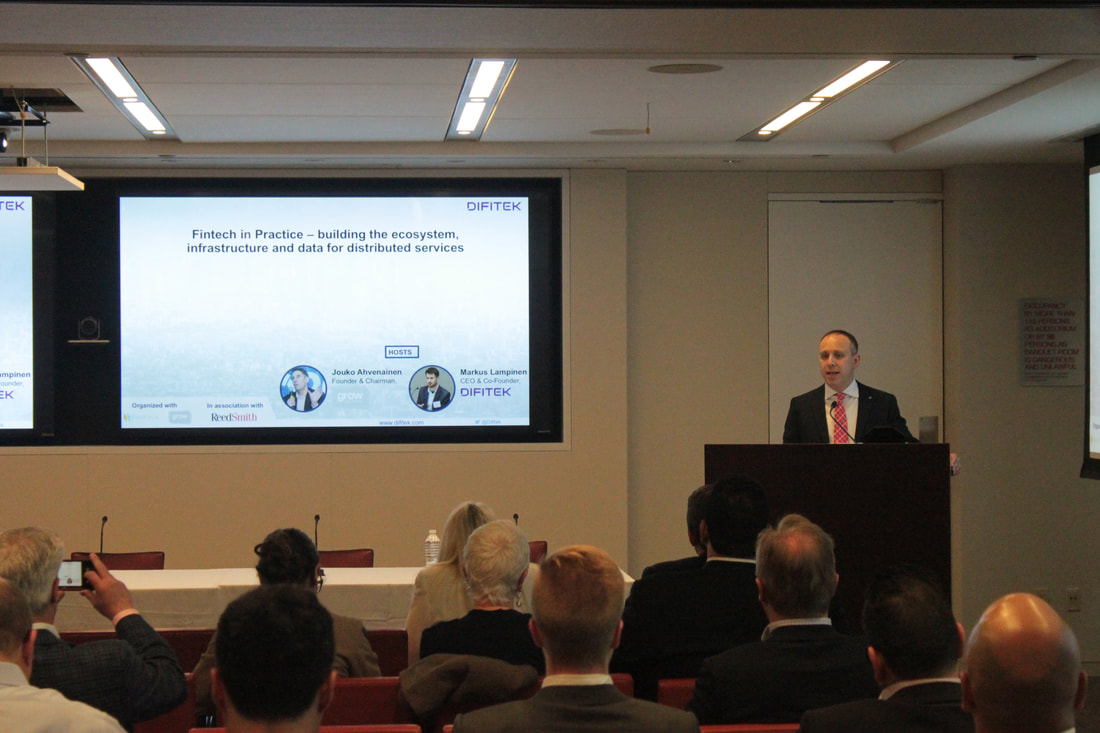






 RSS Feed
RSS Feed
